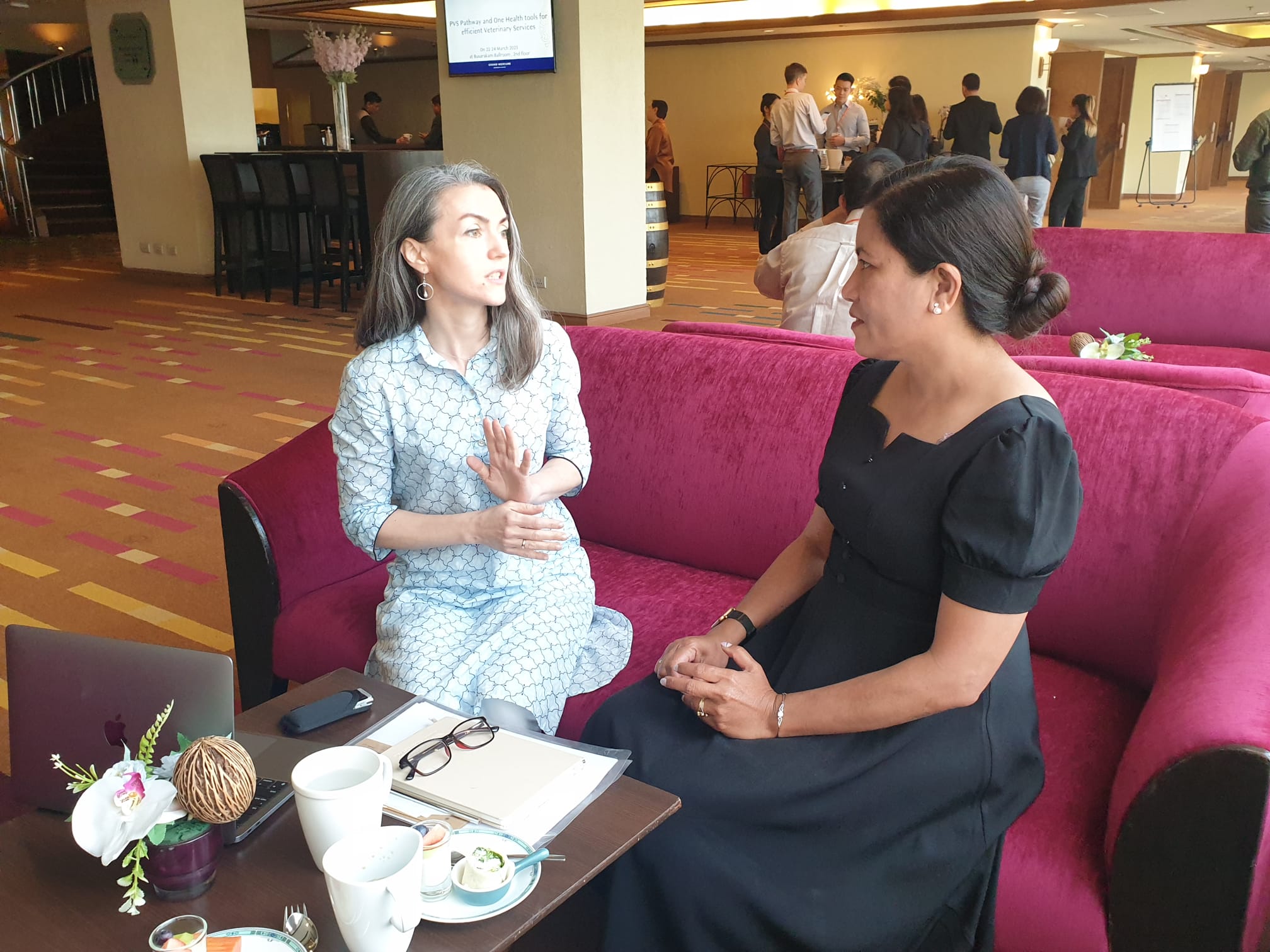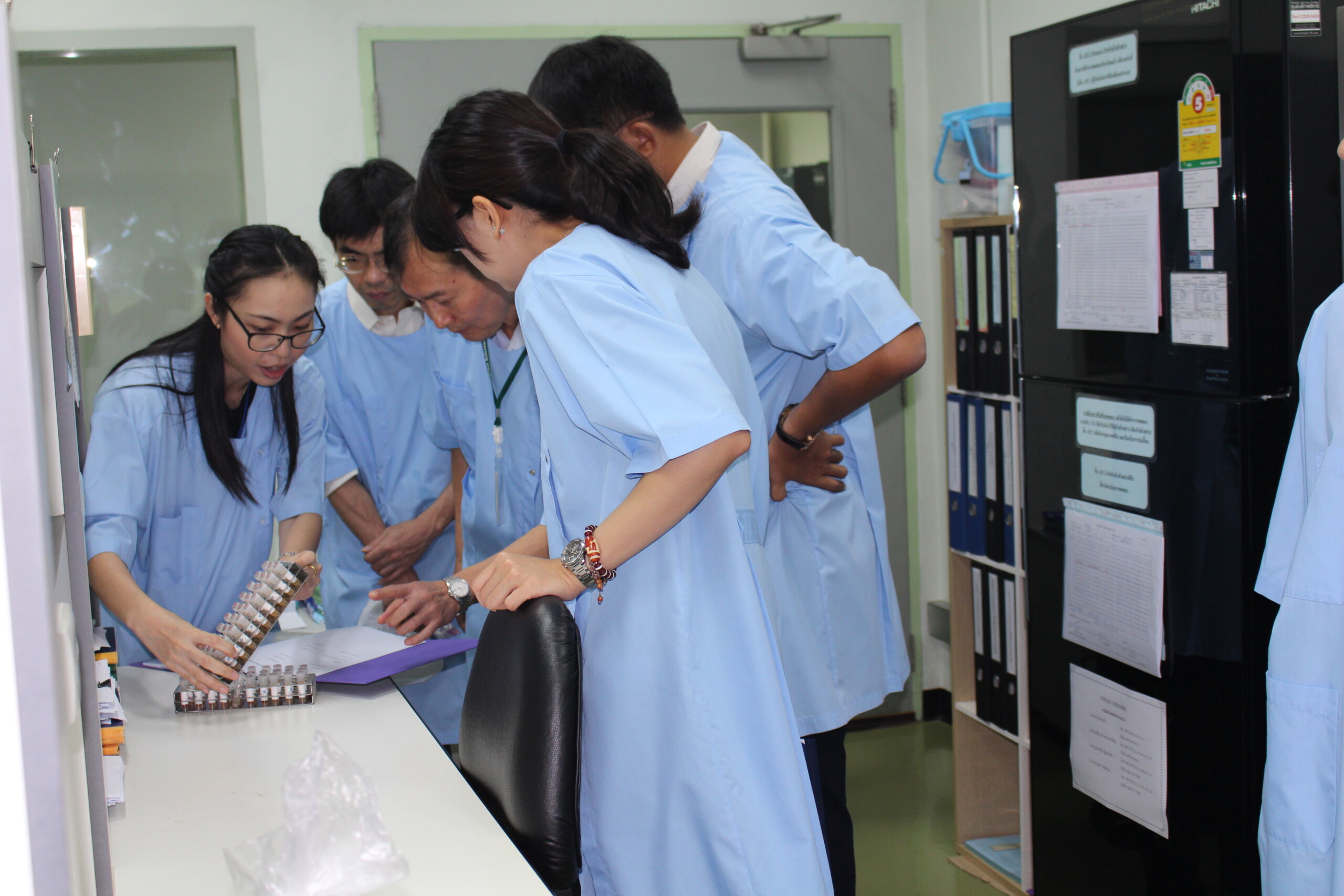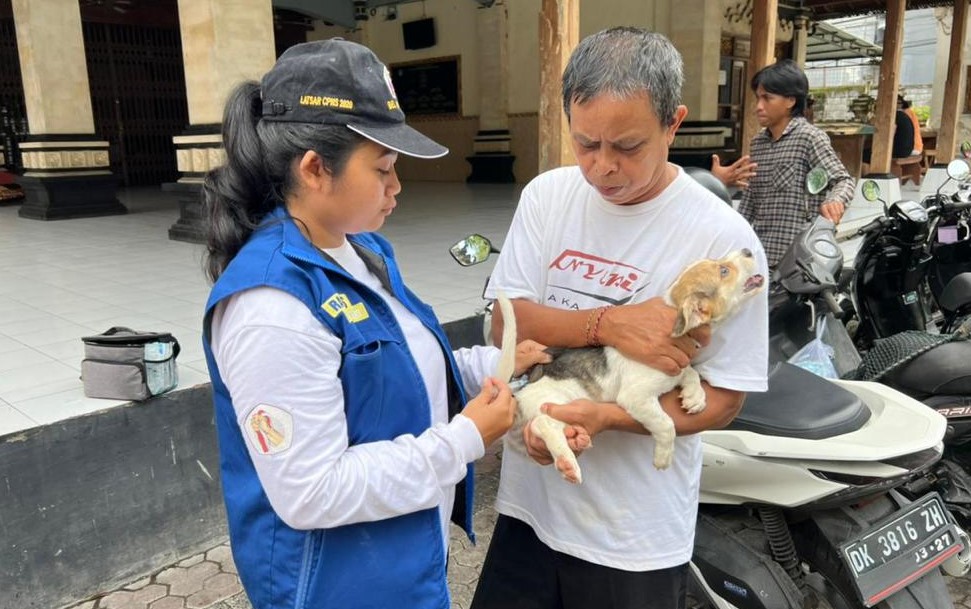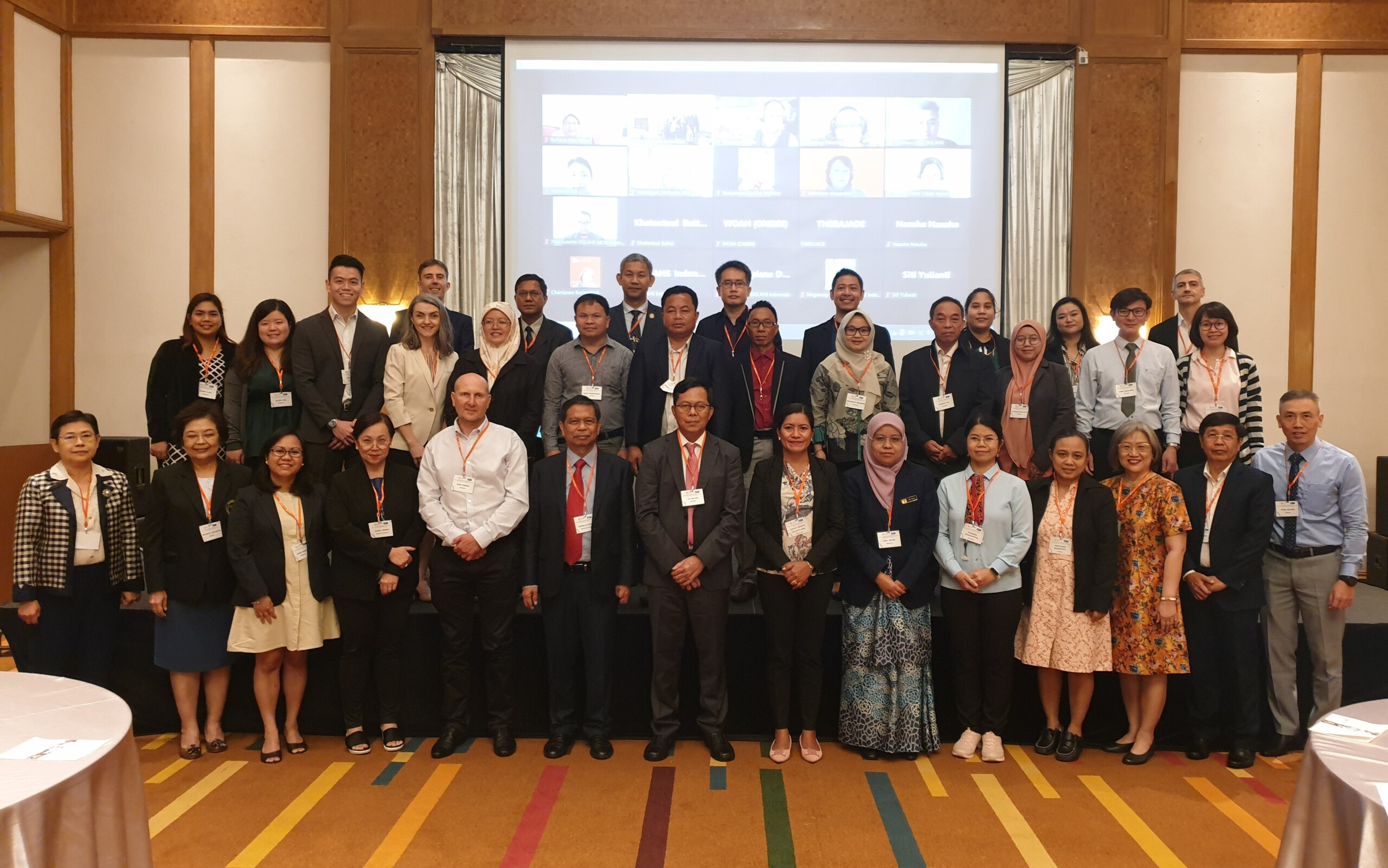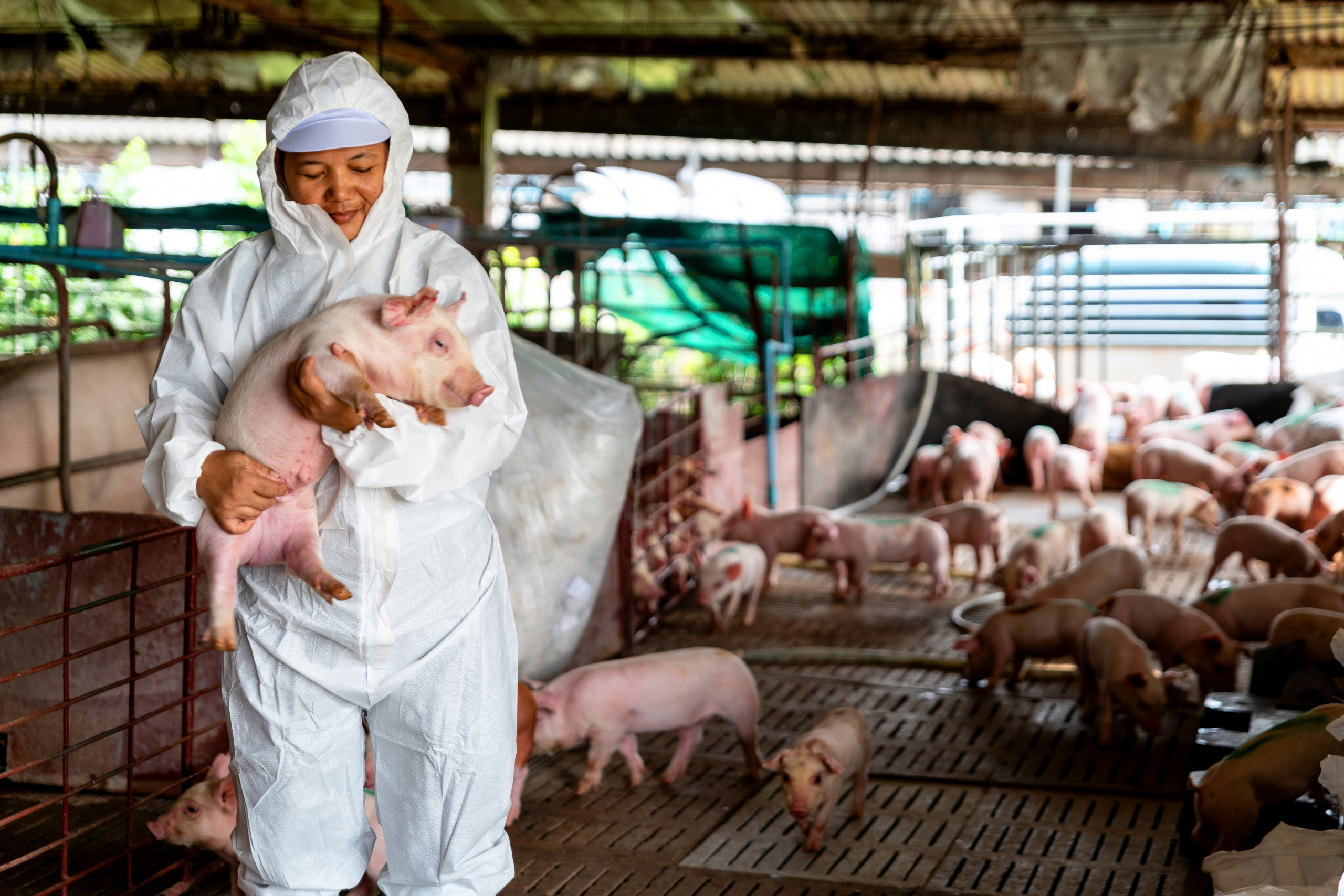In some countries, up to 70% of public or private vets are women.
25 Jul 2023 (Thailand) – The feminisation of historically masculine veterinary professions continues in South-East Asia (SEA).
This trend was first identified by WOAH in 2015, when an initial Gender Assessment of Veterinary Services in SEA was conducted, and it continues today. Thanks to the support of Australia, another similar study was commissioned by WOAH in 2023 to assess the progress and identify potential gaps.
The new findings confirm that the numbers of women professionals in the animal health sector continue to grow. Currently, out of the 12 countries that participated in the study, one-third have women animal health professionals outnumbering men, one-third have equal or nearly equal numbers of women and men, and one-third have men animal health professionals outnumbering women.
In addition, while 2015 report was showing that women students represented about 60%-70% of pre-service veterinarians in 4 countries of the region, according to all interviewed academics, women students currently represent about 70%-80% in most of the assessed countries.
Women students currently represent about 70%-80% in most of the assessed countries of the study.
Despite this consistent rise in numbers, the animal health sector’s culture, institutions, and policies are yet to be adjusted to this change. Most of the existing policies do not explicitly take into account gender considerations.
While it can be said that progress has been made towards empowerment of women between 2015 and 2023 in the veterinary sector in SEA, efforts are still needed to adjust the institutional practices and address stereotypes. If this is not done, the industry may miss a substantive number of capable employees.
We encourage everyone to read the full report, the main trends identified as well as its recommendations.
